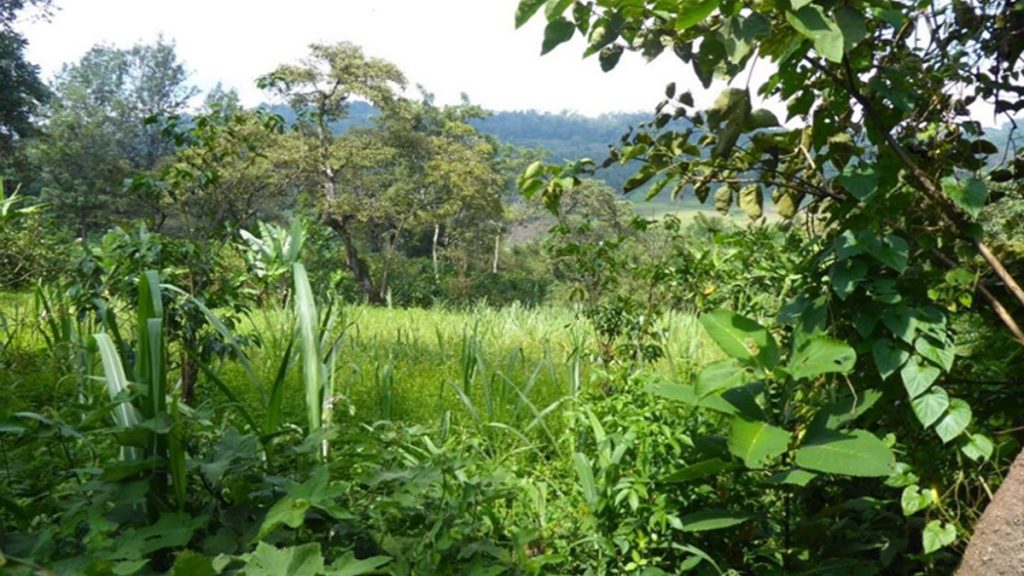
Two strategies developed with support from the Center for International Forestry Research and World Agroforestry (CIFOR-ICRAF) were validated at a workshop organized by Ethiopia’s Ministry of Agriculture (MoA) on 4 February 2025.
The workshop served to validate and simultaneously launch three strategies: the National Agroforestry Strategy, the Watershed Development Strategy and the Watershed and Rangeland Management Capacity Development Strategy. It also introduced the Watershed Delineation, Codification and Mapping of water basins, sub-basins, watersheds and micro watersheds of Ethiopia.
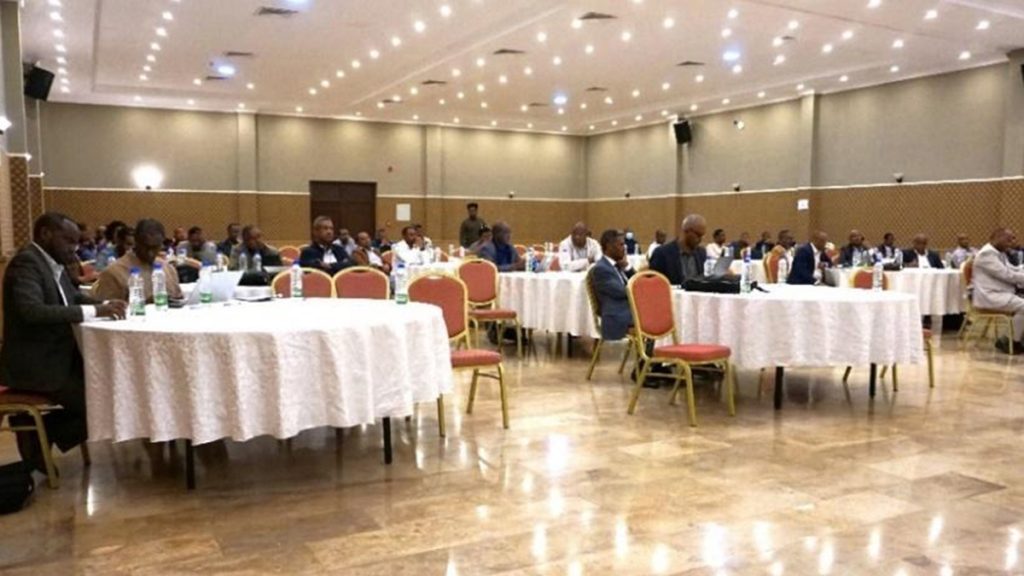
CIFOR-ICRAF played a key role in developing two of the strategies: the National Agroforestry and Watershed Development strategies.
Opening the workshop, State Minister of Agriculture, Prof. Eyasu Elias, noted that recent landslides and the increasing frequency of droughts and floods are clear indicators of the escalating impacts of climate change in Ethiopia. He said the government is working to develop, restore and conserve natural resources through different strategies, programs and initiatives. These include community-based participatory watershed development – a strategy that engages local communities in planning, implementing and monitoring watershed management activities – the Green Legacy Initiative, which has mobilized the planting of billions of trees, including fruit and fodder trees, the Productive Safety Net Programme, which has engaged farmers in building soil and water conservation structures and the Sustainable Land Management program, a government initiative aimed at reducing land degradation and improving agricultural productivity in the country.
Eyasu stated the government’s commitment to restoring 54 million hectares of degraded land by 2030. Notably, the area of seriously degraded land has already decreased from 6 million hectares to 2.5 million hectares and annual deforestation has been reduced by two-thirds in the country. Still, the State Minister underlined the need for continued conservation and development work in Ethiopia’s lowland areas, for forestry sector development to meet the nation’s wood demands and for better rangeland management.
Eyasu thanked CIFOR-ICRAF and the German Government Development Cooperation (GIZ) for their much-needed financial and technical support in preparing the strategies.
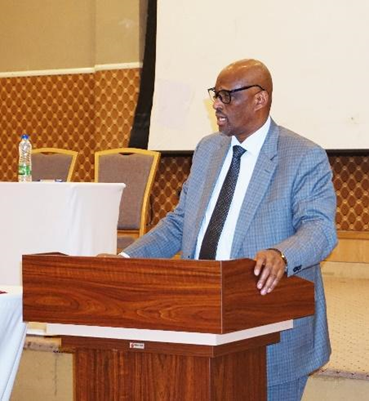
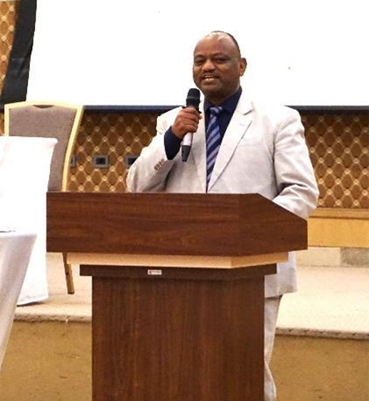
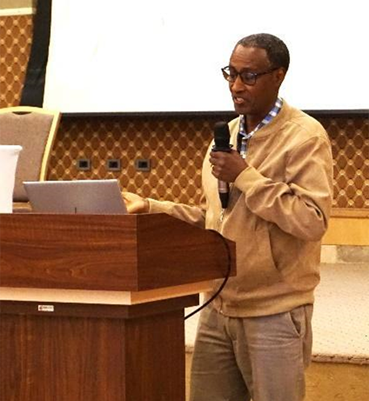
Melese Diaz, a member of the Agriculture Standing Committee of the House of Peoples’ Representatives, stressed the importance of having clear strategies in different sectors. Melese noted and shared with the workshop’s participants that parliamentarians have been engaging with citizens nationwide and doing their best to address farmers’ concerns. “We will keep discussing with the people and responding to the new issues they raised,” Melese said. He added that the Rural Land Administration and Use Proclamation has been issued, addressing many of the questions raised by farmers.
CIFOR-ICRAF Ethiopia’s senior scientist, Endalkachew Wolde-Meskel, in his presentation at the workshop, highlighted the importance of having a strategy to guide agroforestry initiatives. He outlined the rationale behind national agroforestry and watershed development strategies, including improving livelihoods, conserving biodiversity, improving soil health and combating land degradation and desertification. “Agroforestry should be implemented by choice, not by chance,” Wolde-Meskel told the participants.
Fanosie Mekonnen, lead executive for Natural Resources Development, Protection and Utilization MoA, said, “CIFOR-ICRAF helped us tremendously and was a key stakeholder in the preparation of the agroforestry strategy.”
Emphasizing the importance of having such a strategy, Fanosie said, “Just as an airplane needs GPS to stay on course, we also need a strategy to guide our conservation and natural resource development efforts in the country. Those in office today may not be tomorrow, but these documents will enable the next generation to continue the work we’ve started.”
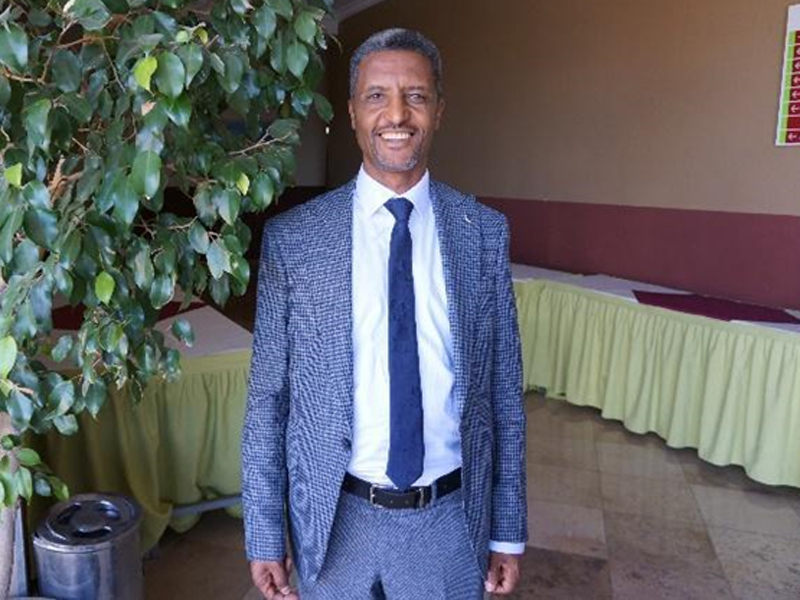
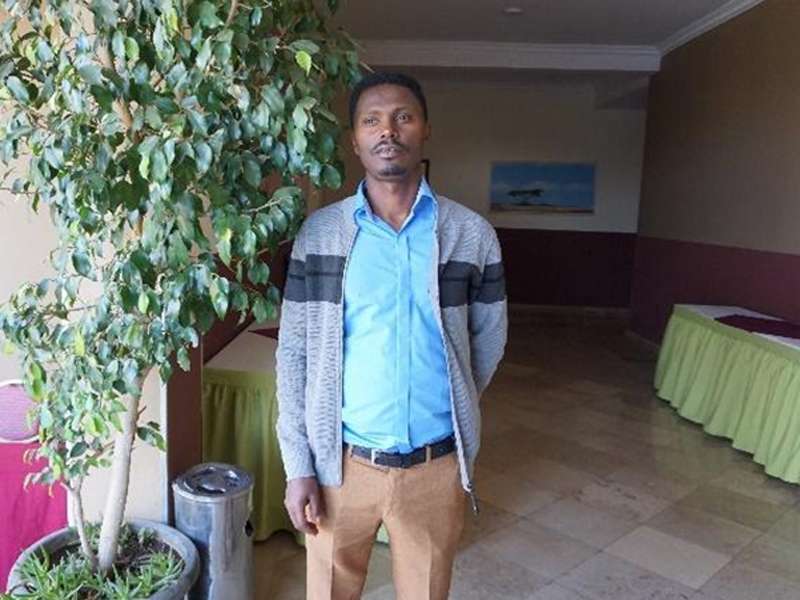
Shanko Tesso, lead executive for Soil and Water Conservation and Agroforestry at the MoA, recalled, “When we decided to develop the agroforestry strategy, we reached out to CIFOR-ICRAF for collaboration. Their team, especially Dr. Endalkachew Wolde-Meskel, worked closely with us. In fact, the strategy has already been in use at the regional level for the past four years. Following this validation workshop, we will update and finalize the strategy again for endorsement.”
Niguse Hagazi, CIFOR-ICRAF Ethiopia country director, who also attended the validation workshop, said, “We provided technical support and guidance throughout the preparation of both the Agroforestry and Watershed Development strategies. We will continue to provide our support in the finalization and implementation of the strategies.”
Participants also engaged in group discussions to review and reflect on the strategies.
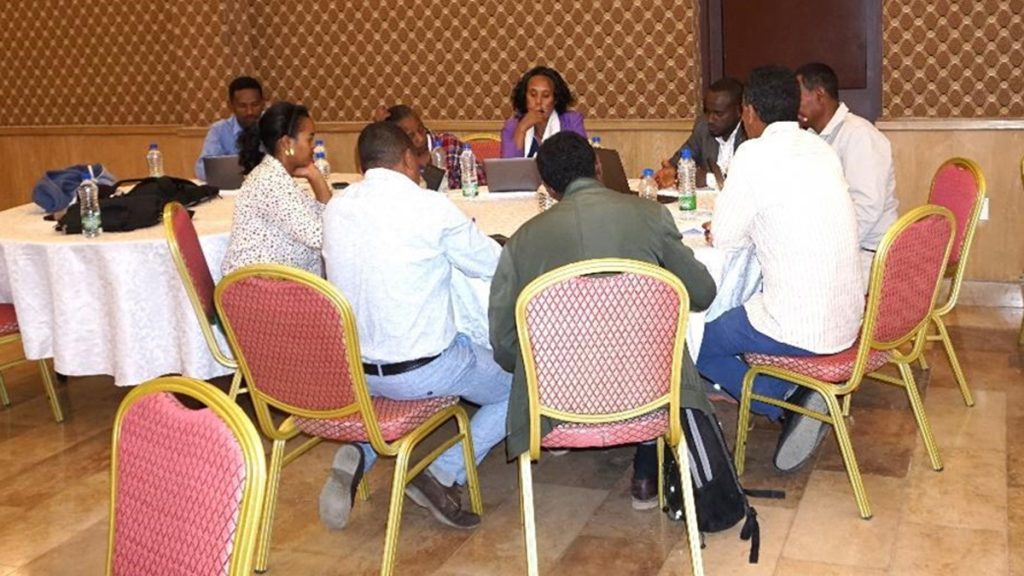
The workshop drew a diverse group of stakeholders, including members of the agriculture standing committee of parliament, representatives from the MoA, regional agriculture bureaus, non-governmental organizations such as CIFOR-ICRAF, World Vision, GIZ, as well as universities.
Acknowledgement
We are grateful to the Ministry of Agriculture for engaging CIFOR-ICRAF throughout the process and The David and Lucile Packard Foundation and Irish Aid for their financial support to CIFOR-ICRAF, enabling its vital contributions to the development of Ethiopia’s National Agroforestry and Watershed Development strategies.


















